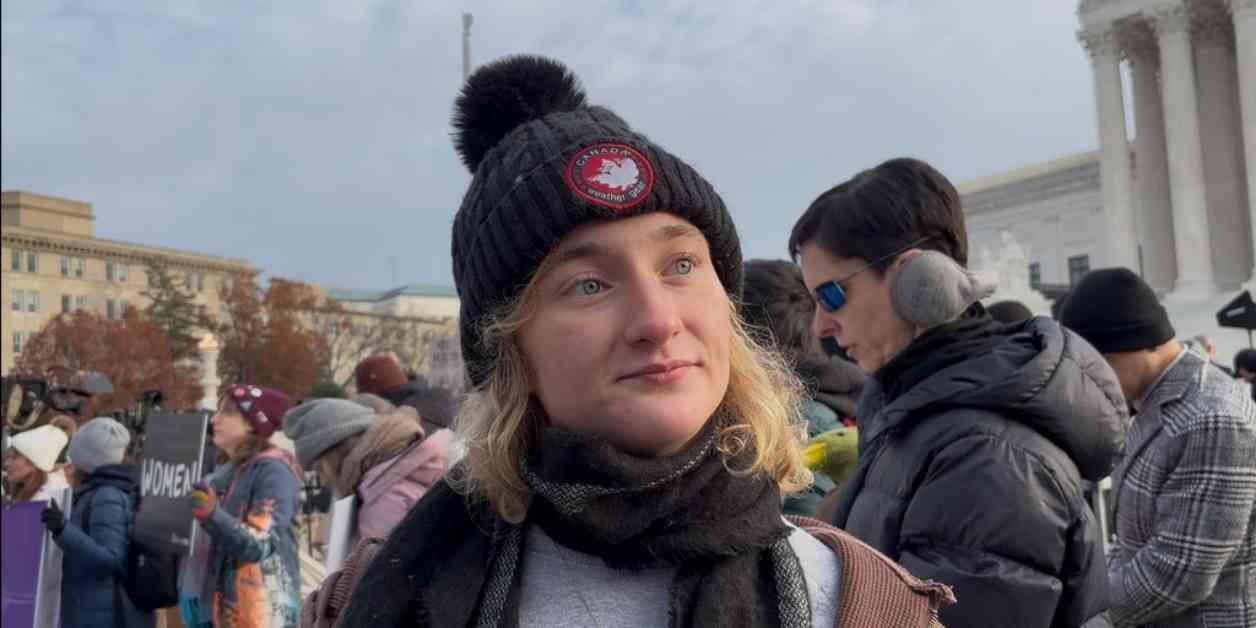Former transgenders, parents, and activists gathered outside the U.S. Supreme Court on Wednesday to protest against child sex-change surgeries and treatments. They called for an end to what they described as “butchery” and “trauma” inflicted on minors. The rally coincided with the court hearing oral arguments in U.S. v. Skrmetti, a case challenging Tennessee’s ban on puberty blockers and transgender surgeries for children.
Support for the Cause:
The rally was supported by various organizations, including Do No Harm, the Heritage Foundation, Catholic Vote, and the LGB Alliance. Glenna Goldis, a member of the LGB Alliance, highlighted the lack of representation for lesbian, gay, and bisexual individuals in discussions on sex-change treatments.
Detransitioners Speak Out:
Former transgender individuals, known as “detransitioners,” shared their stories at the rally. Laura Becker, one detransitioner, recounted her painful experience with sex-altering treatments that led to long-lasting trauma. She emphasized the need to focus on healing rather than irreversible medical interventions for vulnerable young adults.
Parental Struggles:
Parents also voiced their concerns about losing custody and access to their transgender children for not affirming their identities. Adam Vena, a father from California, shared his heart-wrenching story of being separated from his son due to disagreements over gender identity. Another parent, Harrison Tinsley, compared transgender surgeries on children to historical atrocities like lobotomies and slavery, calling for urgent action to protect minors.
The emotional testimonies of detransitioners, parents, and activists shed light on the complexities and controversies surrounding child sex-change surgeries. As the Supreme Court deliberates on the legality of these procedures, the voices of those directly impacted by these treatments serve as a poignant reminder of the human cost involved. It is a stark call to action to prioritize the well-being and safety of vulnerable children and adolescents in the face of evolving medical practices and societal norms.




